AMD GPU Selection Guide: Expert Advice from a Graphics Card Reviewer
When embarking on the journey to build a gaming PC, one of the most critical choices you'll face is selecting the right graphics card. If you're looking for performance without breaking the bank, opting for an AMD graphics card is a wise decision. These cards not only offer competitive pricing but also include advanced features like ray tracing and FidelityFX Super Resolution (FSR), which is widely supported across major PC games.
For those eyeing 4K gaming, the AMD Radeon RX 9070 XT stands out as an excellent choice. It delivers top-tier performance at 4K without the exorbitant price tags often seen with other high-end cards. If 1440p is more your speed, AMD's offerings in the mid-range segment are particularly compelling, providing a strong balance of performance and cost-effectiveness.
Here's a quick look at some of the best AMD graphics cards on the market:
 The best 4K AMD graphics card### Sapphire Pulse Radeon RX 7900 XTX
The best 4K AMD graphics card### Sapphire Pulse Radeon RX 7900 XTX
8See it at Amazon Best AMD Graphics Card (For Most People)### AMD Radeon RX 9070 XT
Best AMD Graphics Card (For Most People)### AMD Radeon RX 9070 XT
6See it at Newegg Best AMD Graphics Card for 1440p### AMD Radeon RX 9070
Best AMD Graphics Card for 1440p### AMD Radeon RX 9070
5See it at Newegg Best AMD Graphics Card for 1080p### Gigabyte Radeon RX 7600 XT Gaming OC Windforce
Best AMD Graphics Card for 1080p### Gigabyte Radeon RX 7600 XT Gaming OC Windforce
6See it at Amazon Best AMD Graphics Card on a Budget### XFX Speedster SWFT Radeon RX 6600
Best AMD Graphics Card on a Budget### XFX Speedster SWFT Radeon RX 6600
5See it at Amazon
AMD's architecture is not only behind some of the best gaming PCs but also powers the PlayStation 5 and Xbox Series X. This shared technology can streamline game optimization for AMD hardware when titles transition from consoles to PC, although perfect optimization isn't guaranteed.
Choosing the best AMD GPU isn't just about grabbing the fastest card available; it's about aligning your choice with your gaming resolution and budget. Let's dive into some key considerations and highlights of AMD's current lineup.
Graphics Card Basics
Understanding the basics of graphics cards is essential. For AMD's current offerings, knowing whether you're looking at a current-generation part is crucial. AMD recently revamped its naming convention, with the RX 9070 XT marking the latest high-end release. Cards with a '9' as the first digit are the newest generation, while '7' and '6' denote the previous ones. An "XT" or "XTX" suffix indicates a step up in performance without moving to the next tier.
When comparing cards, higher model numbers typically mean better performance, but digging into specific specs can provide more insight. Video RAM (VRAM) is a key factor; more VRAM is beneficial, especially at higher resolutions. For 1080p gaming, 8GB suffices, while 1440p benefits from 12GB to 16GB. At 4K, you'll want as much VRAM as possible, which is why the RX 9070 XT comes with 16GB.
Compute units, each containing numerous streaming multiprocessors (SMs), also influence performance. The latest AMD cards feature dedicated hardware for ray tracing within each compute unit, enhancing their ability to handle this demanding feature.
Before finalizing your choice, ensure your PC can accommodate the new GPU. Check your case's dimensions and your power supply's wattage against the card's requirements.
AMD Radeon RX 9070 XT – Photos
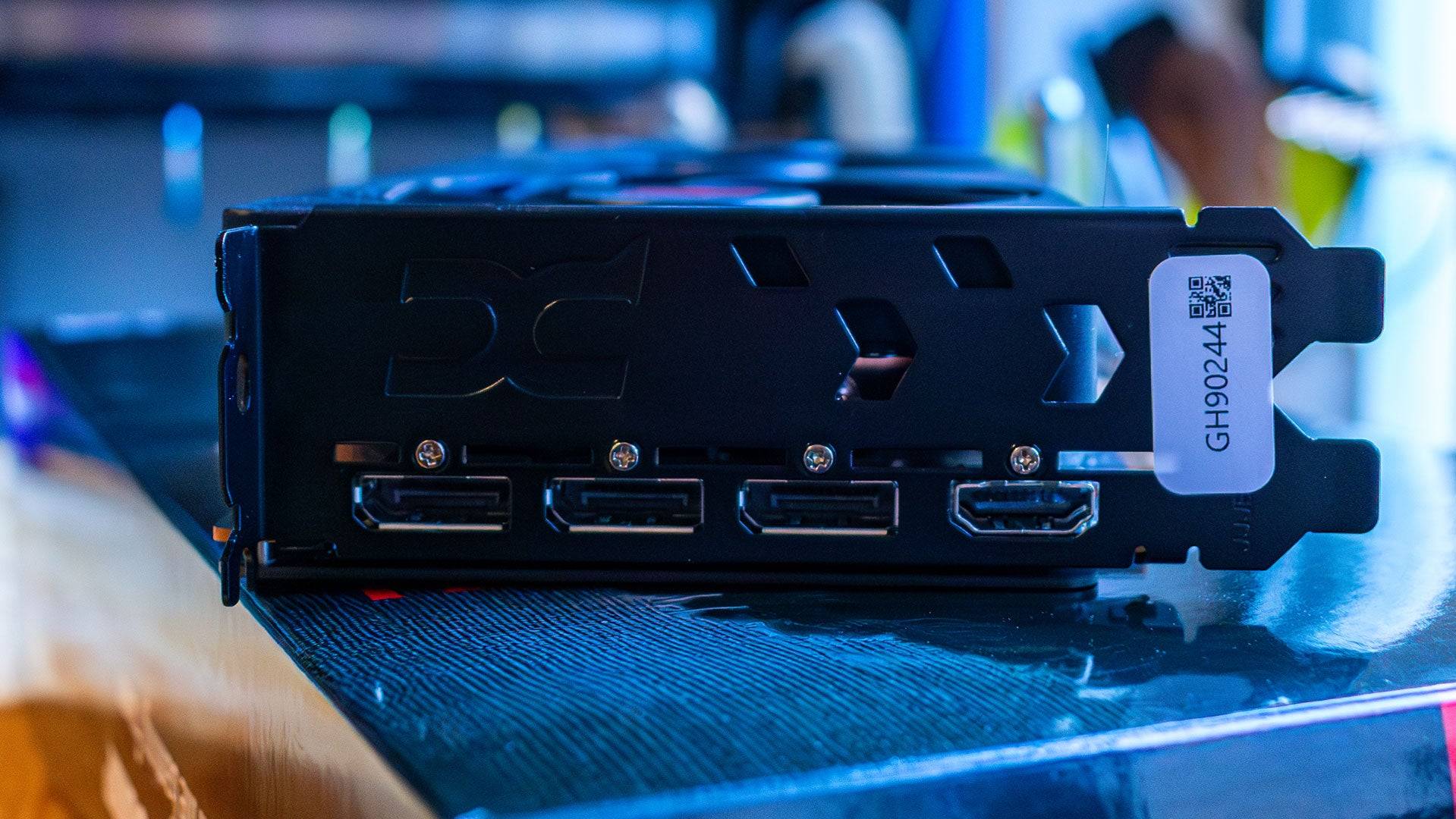
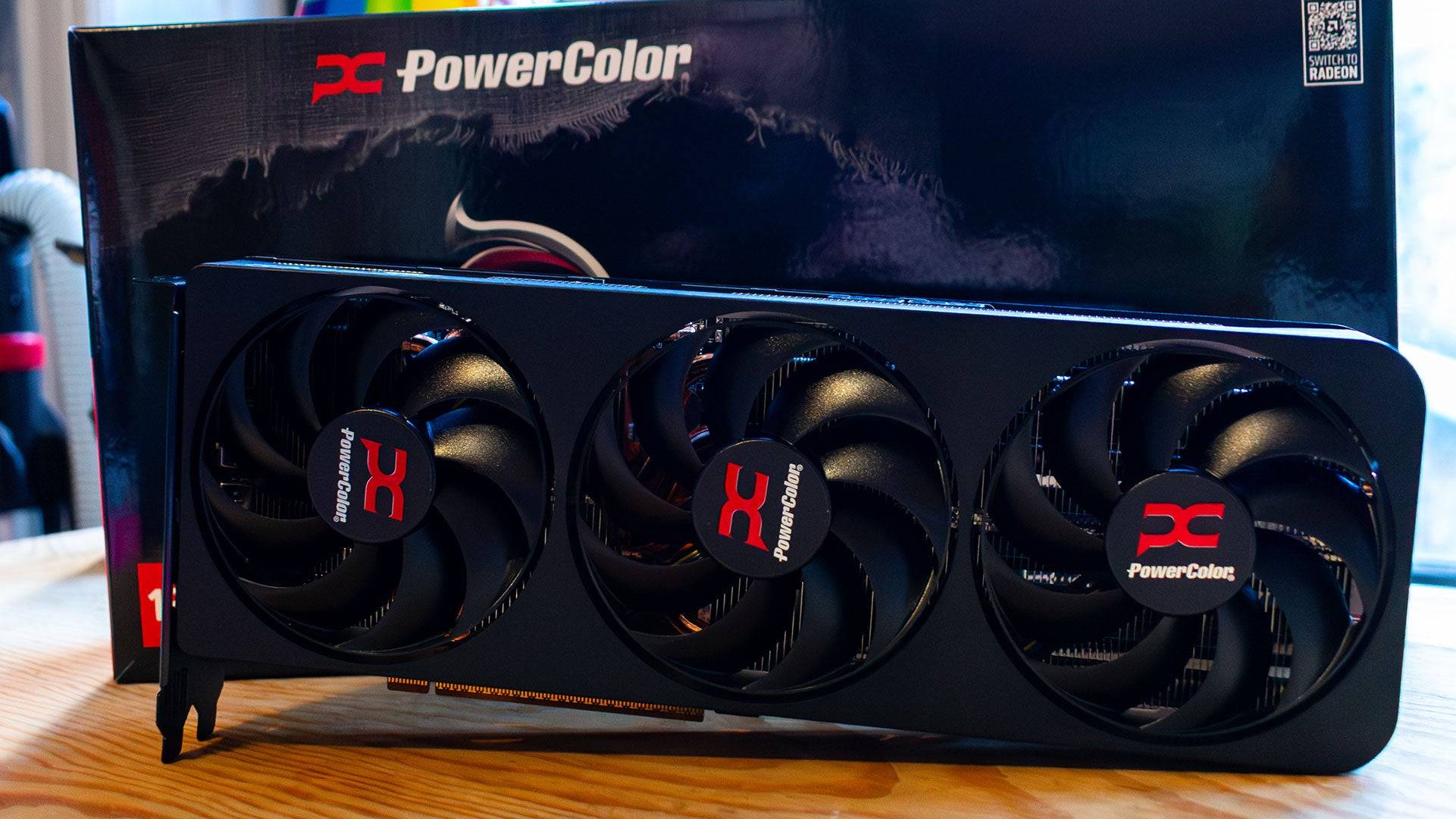 4 Images
4 Images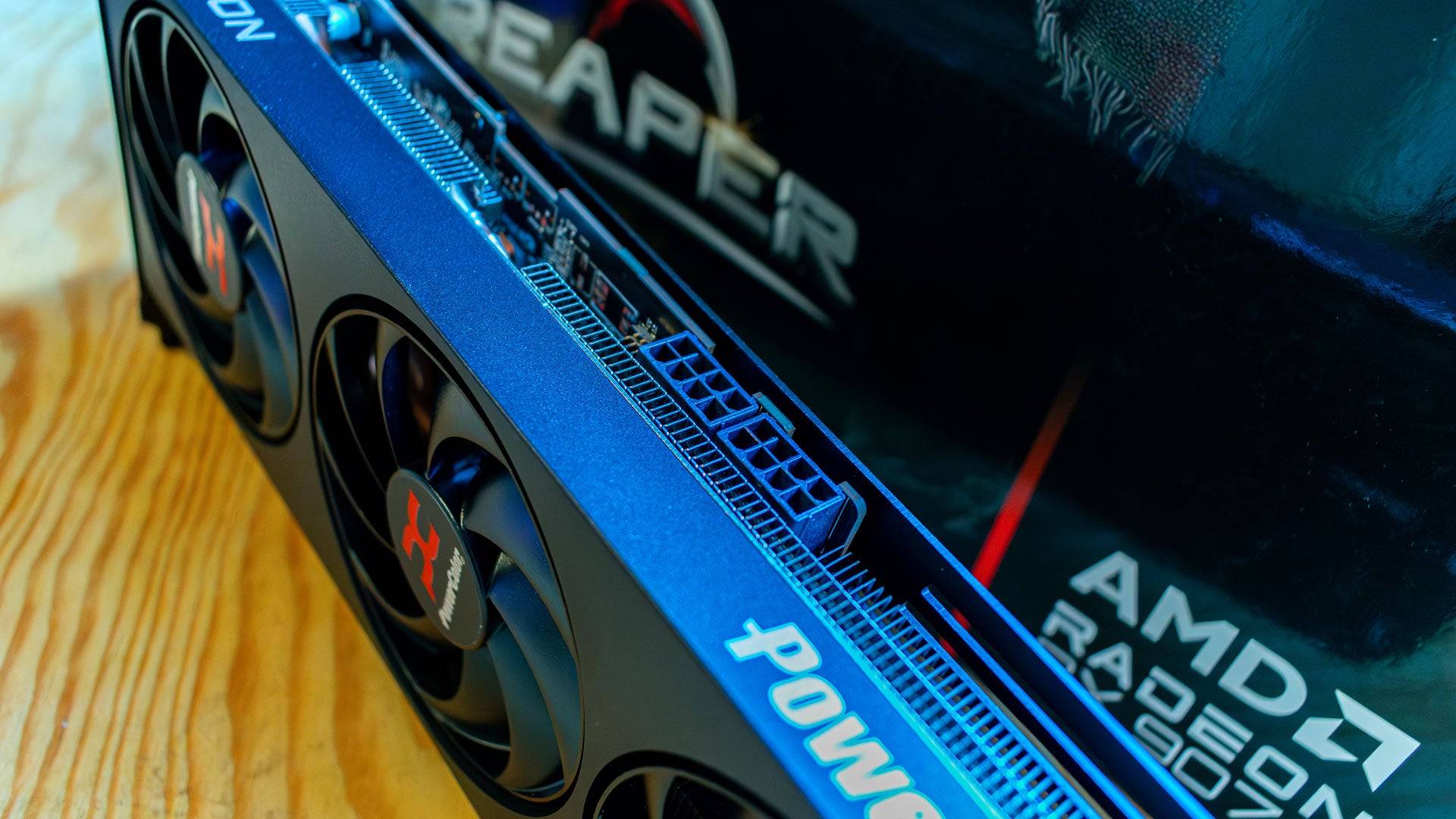
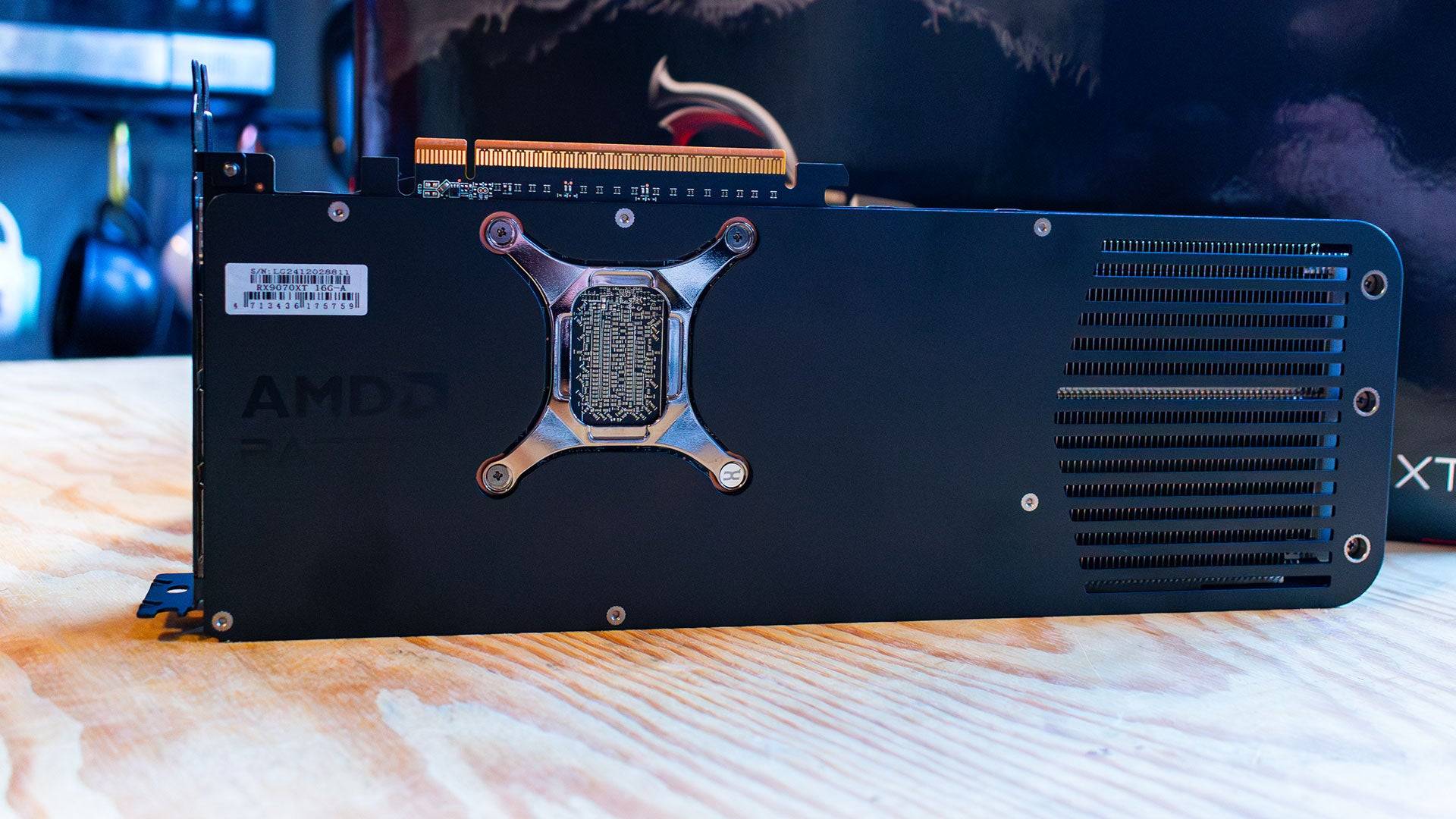
If You Just Want the Best: AMD Radeon RX 9070 XT
 Best AMD Graphics Card (For Most People)### AMD Radeon RX 9070 XT
Best AMD Graphics Card (For Most People)### AMD Radeon RX 9070 XT
6The AMD Radeon RX 9070 XT is an excellent 4K graphics card that won't cost you an arm and a legSee it at Newegg
Product Specifications:
- Streaming Multiprocessors: 4096
- Base Clock: 1660 MHz
- Game Clock: 2400 MHz
- Video Memory: 16GB GDDR6
- Memory Bandwidth: 644.6 GB/s
- Memory Bus: 256-bit
- Power Connectors: 2 x 8-pin
Pros:
- Excellent 4K gaming performance for the money
- Plenty of VRAM
Cons:
- Brings GPU prices down to sanity (in theory)
The AMD Radeon RX 9070 XT has redefined value in the GPU market, offering performance that outpaces more expensive Nvidia options like the RTX 5070 Ti. Launched at $599, it's a budget-friendly choice for 4K gaming with ray tracing capabilities.
AMD Radeon RX 9070 XT & 9070 – Benchmarks
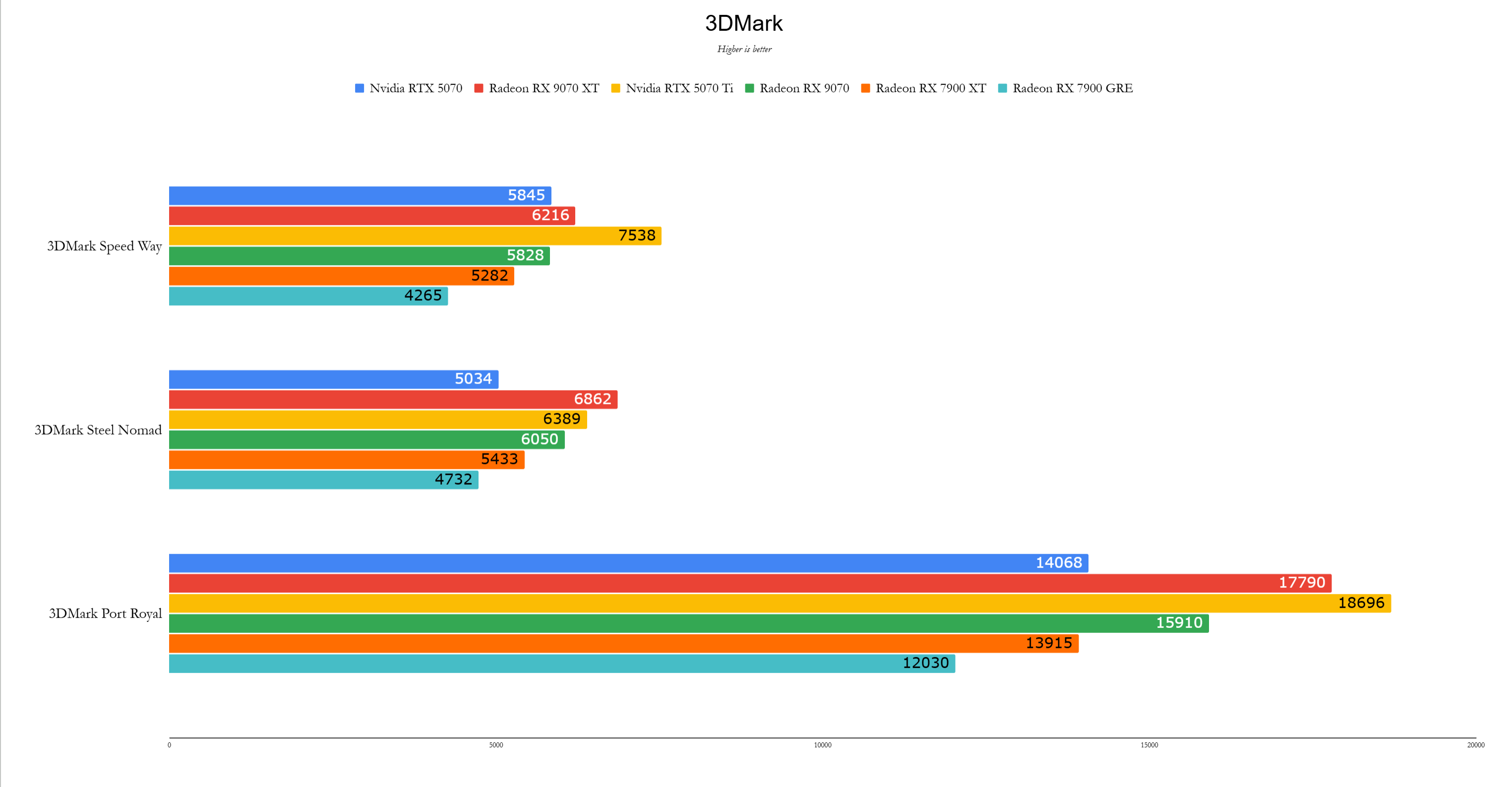
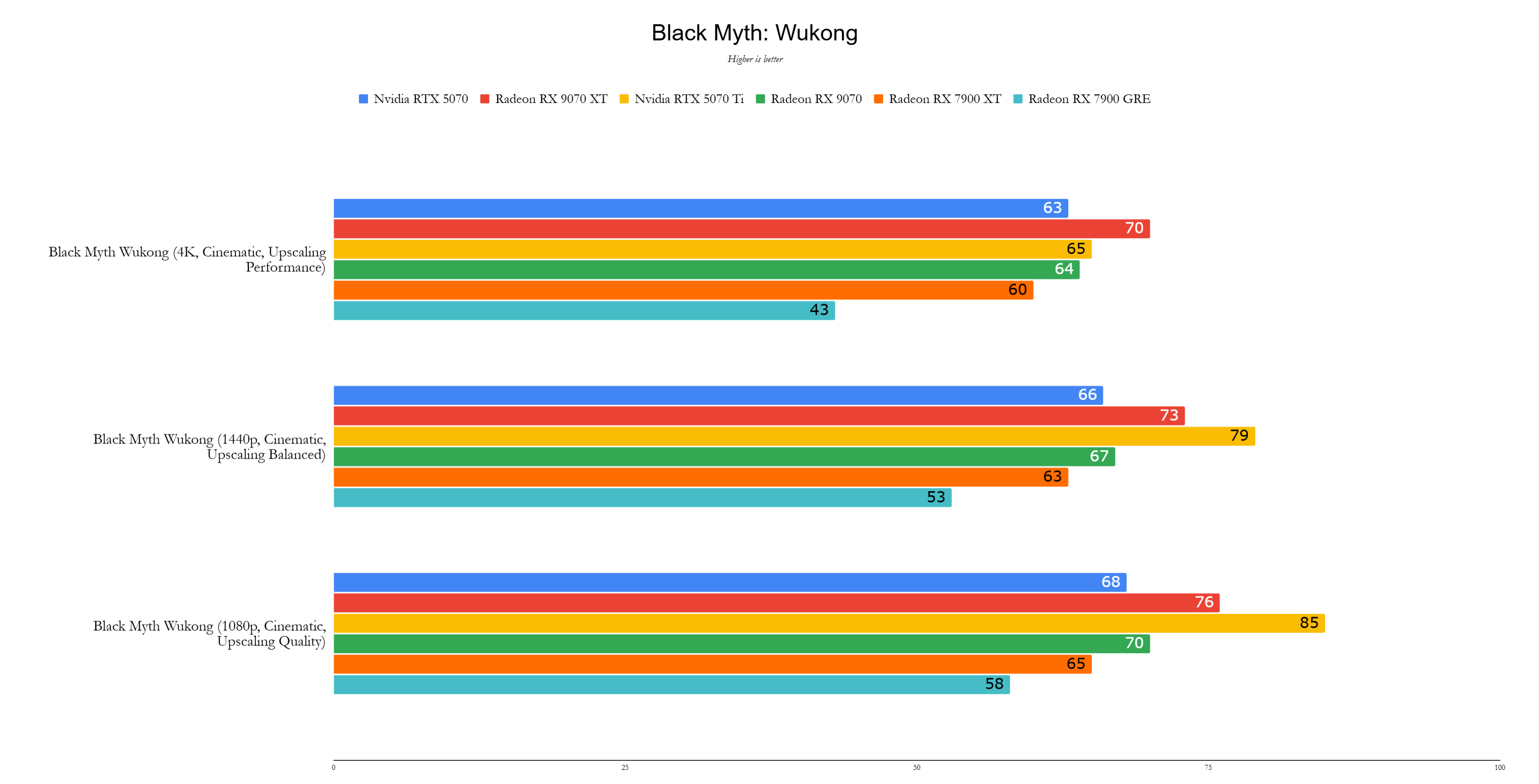 11 Images
11 Images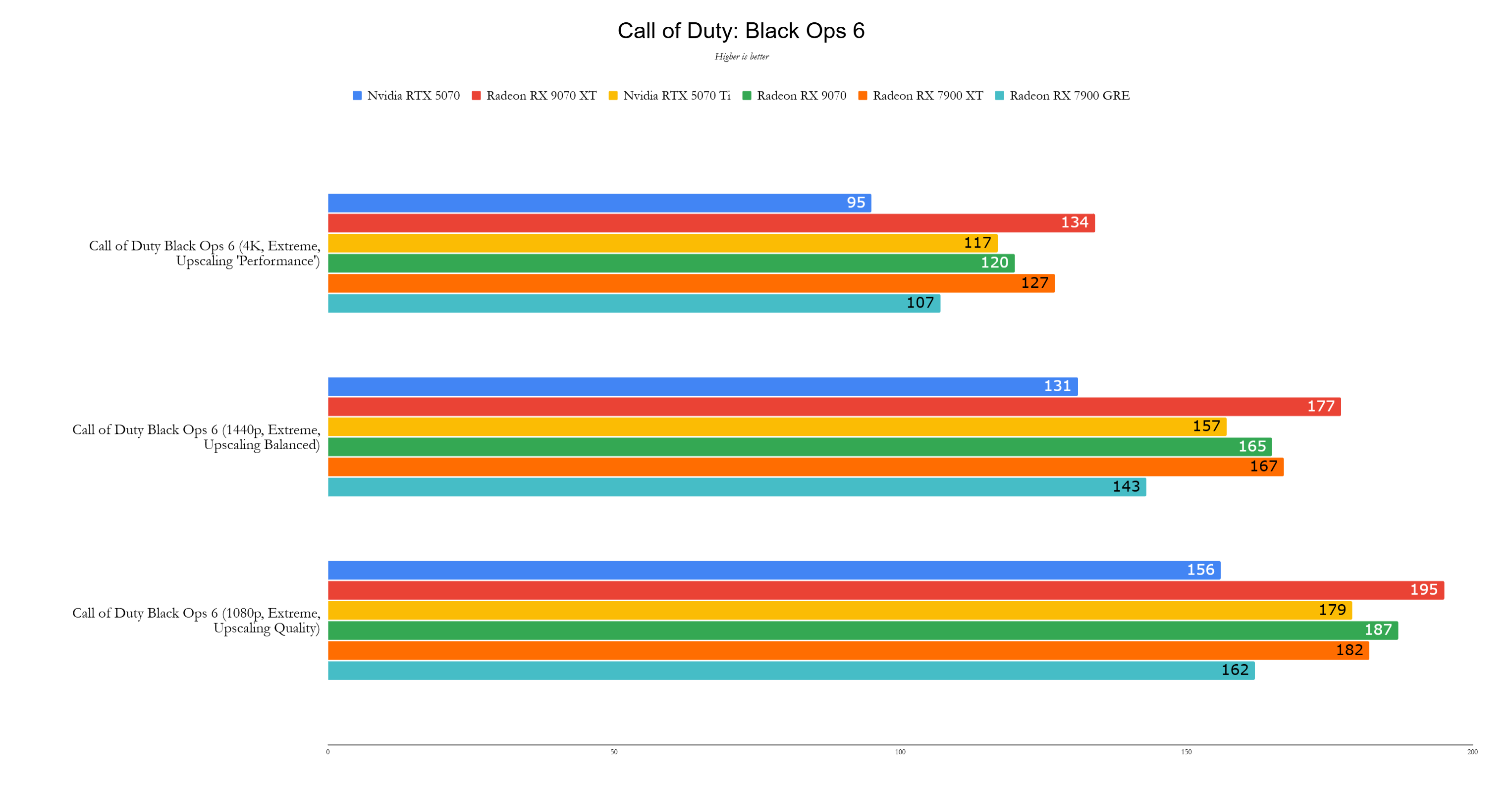
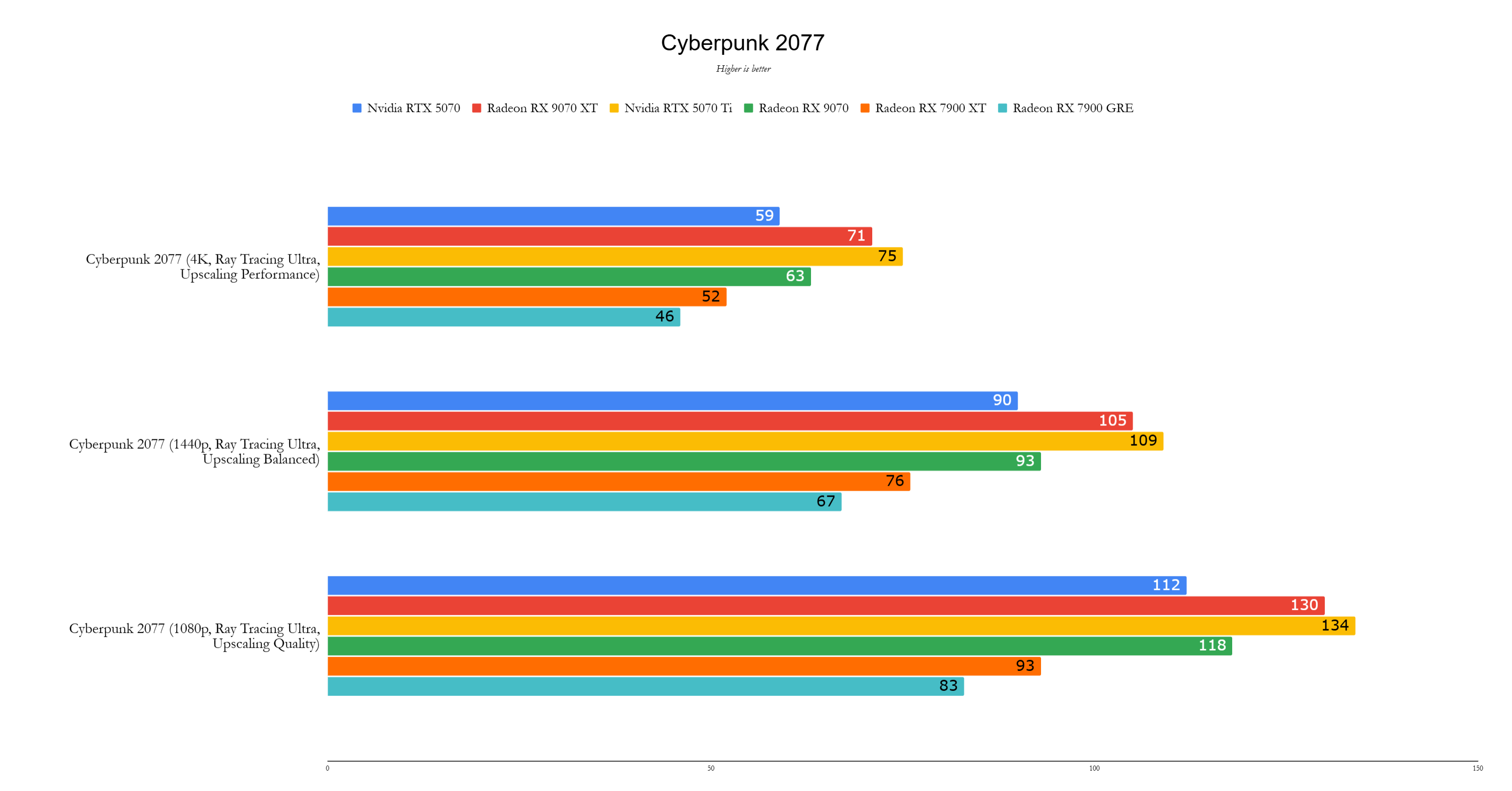
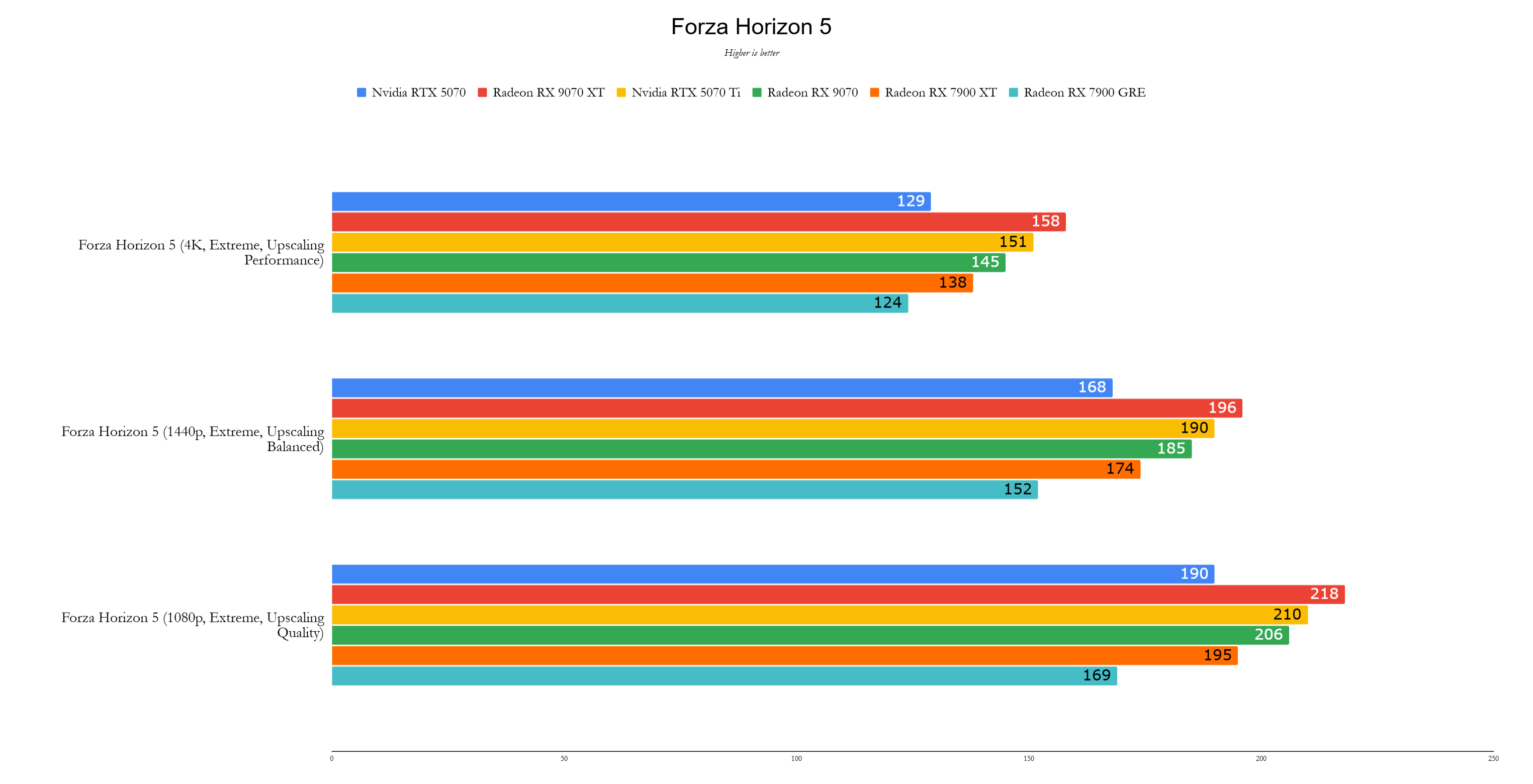

The RX 9070 XT also introduces FSR 4, an AI-driven upscaling technology that improves image quality over FSR 3.1, though with a slight performance hit. FSR 4 is ideal for single-player games where high frame rates aren't as crucial.
AMD Radeon RX 7900 XTX – Photos
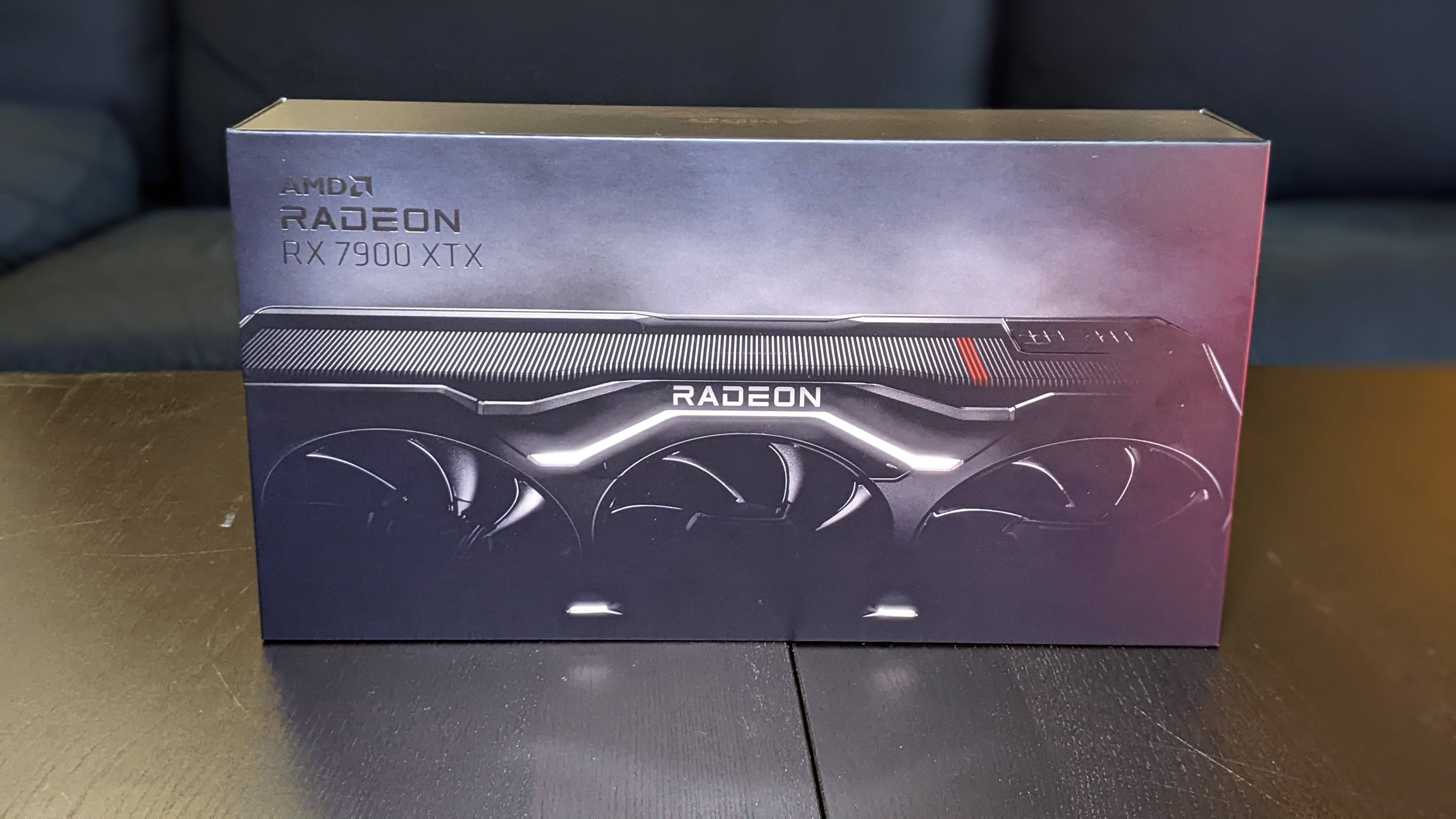
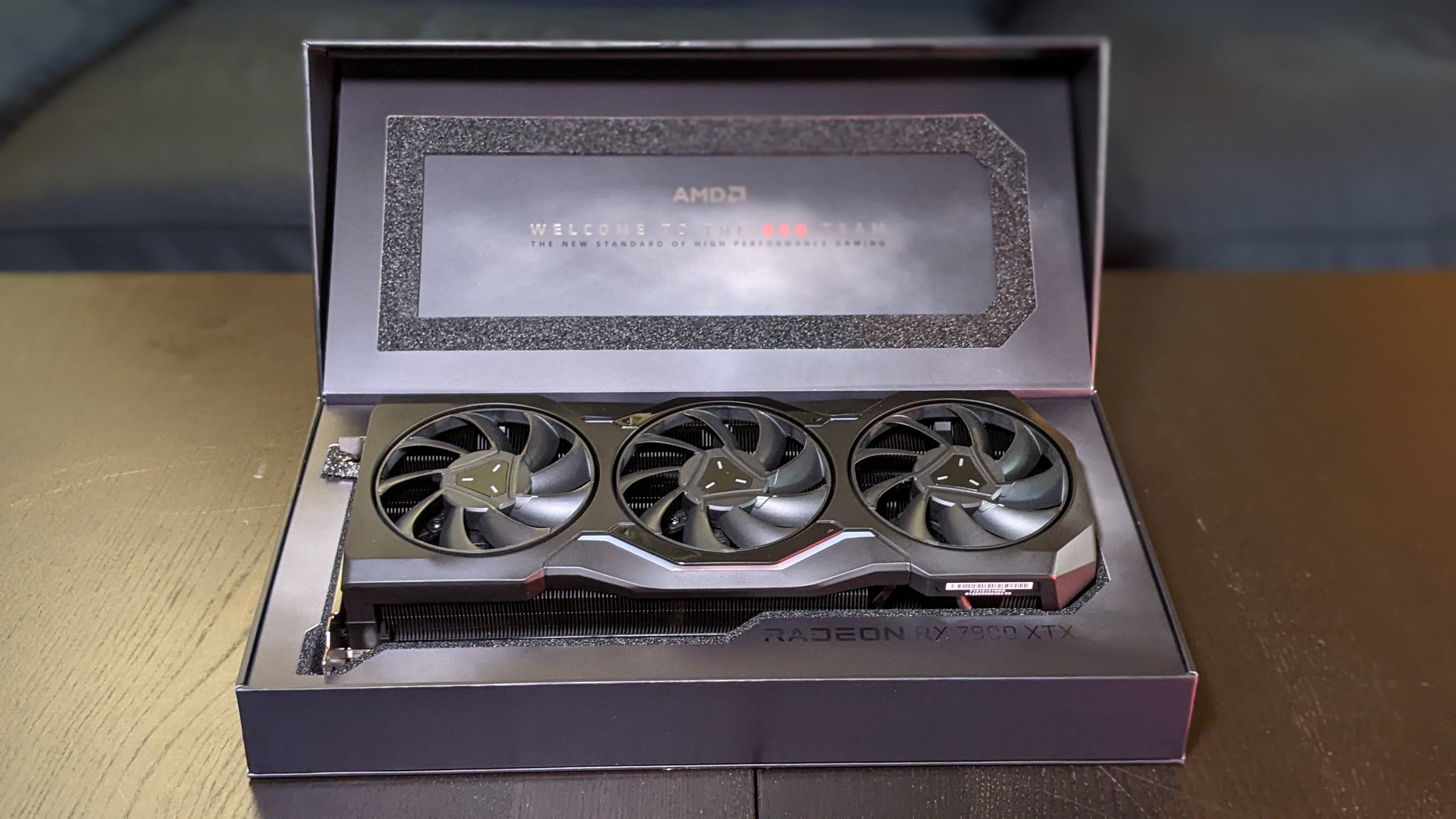 11 Images
11 Images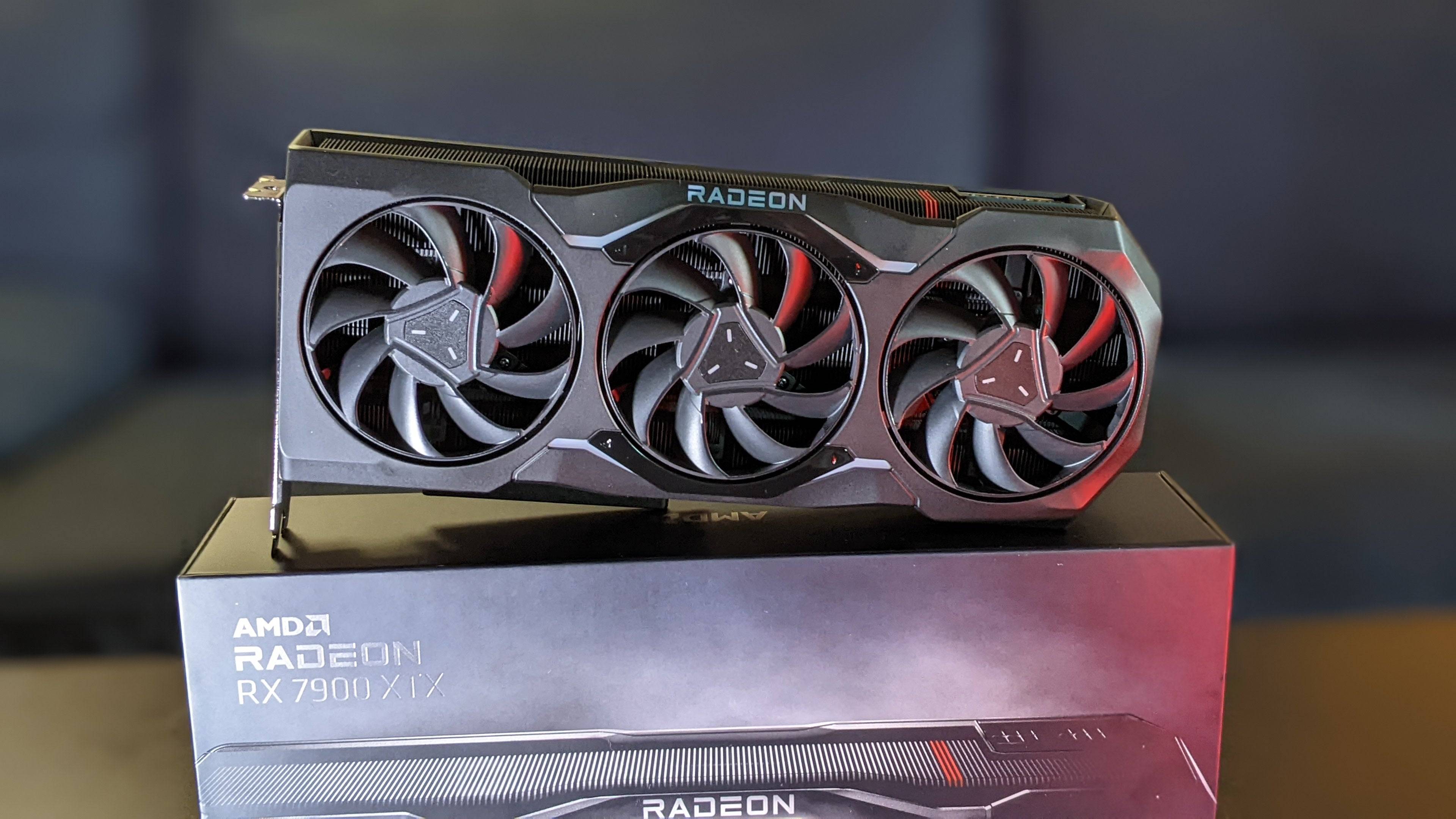
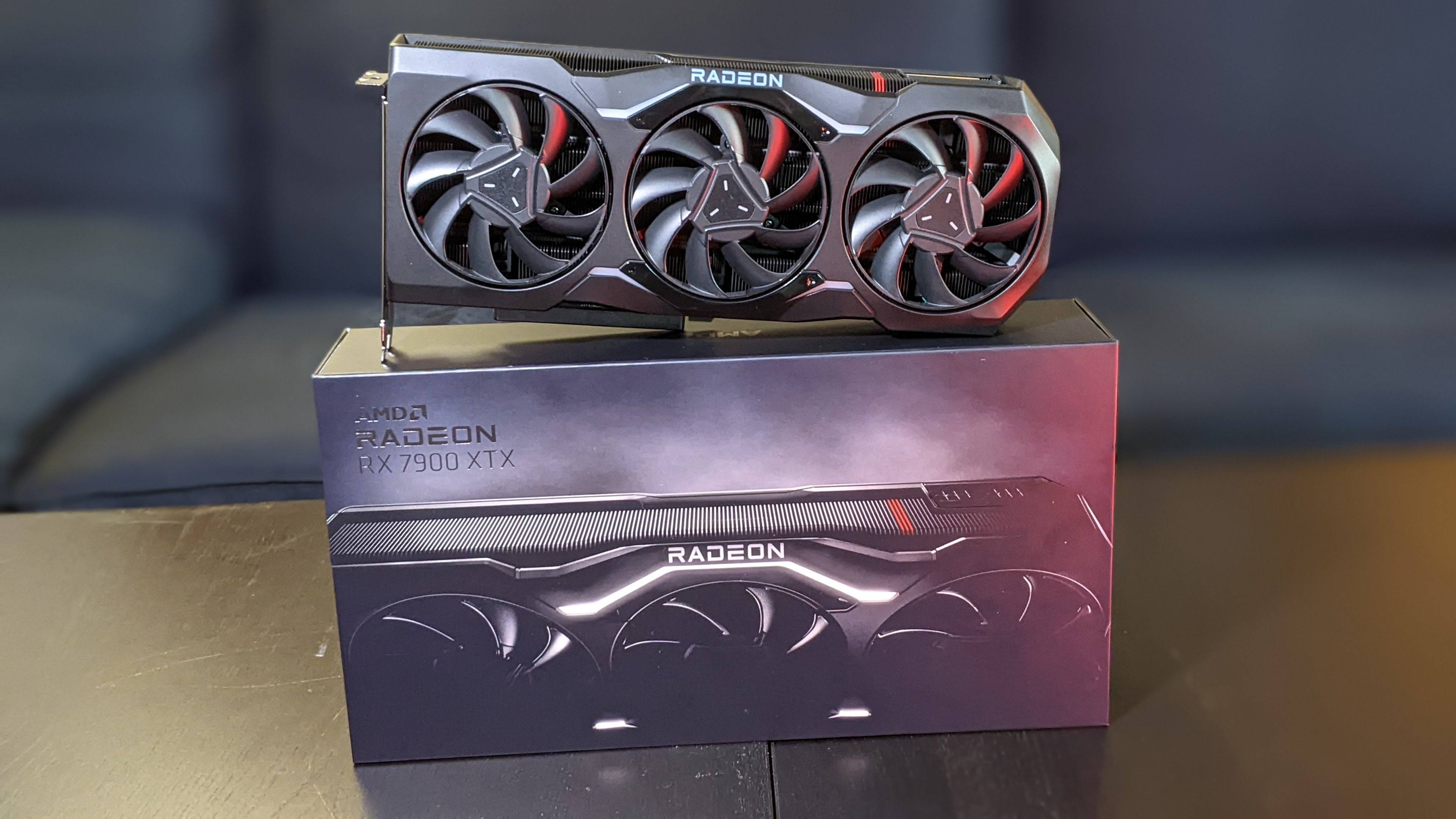
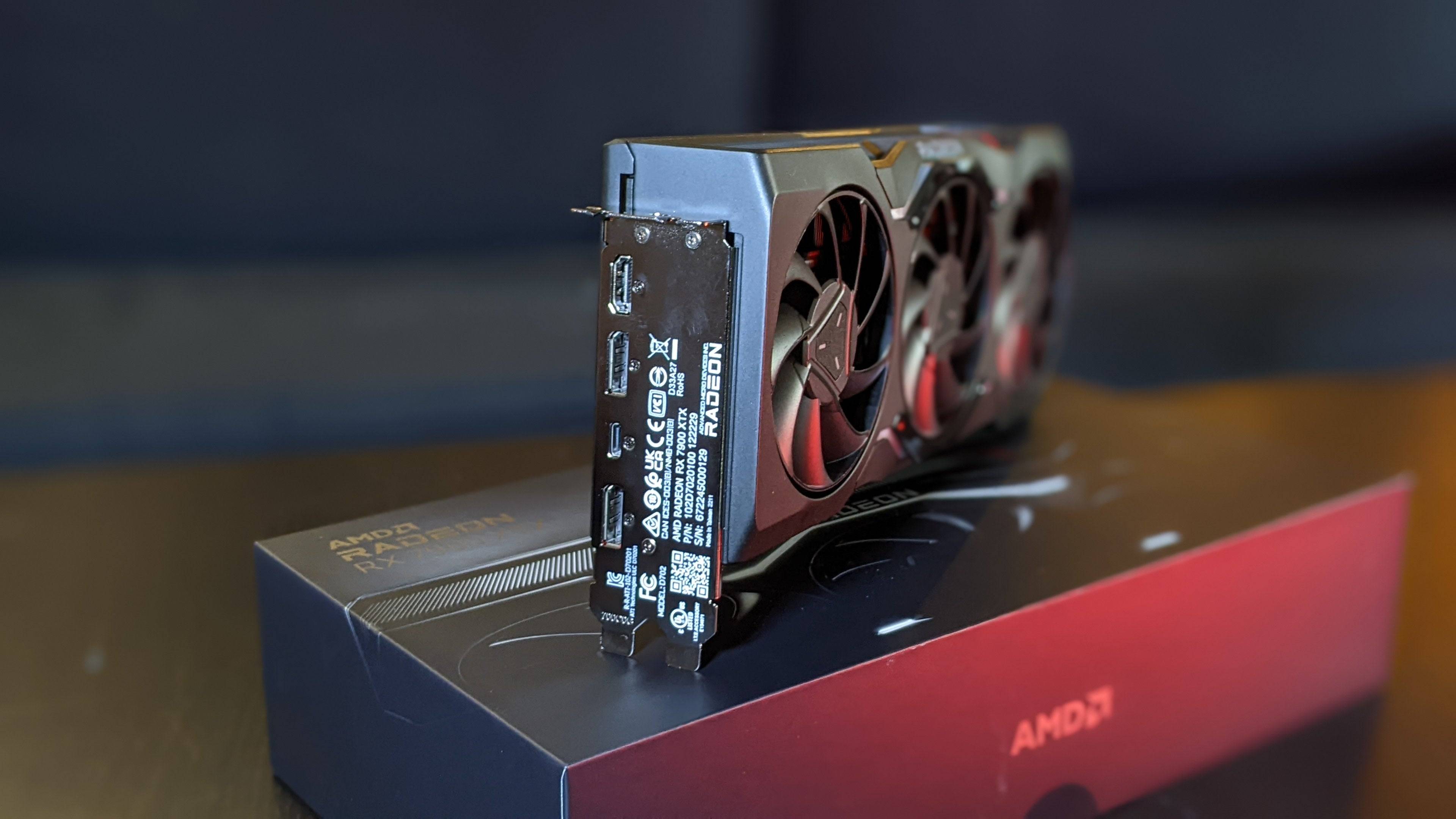
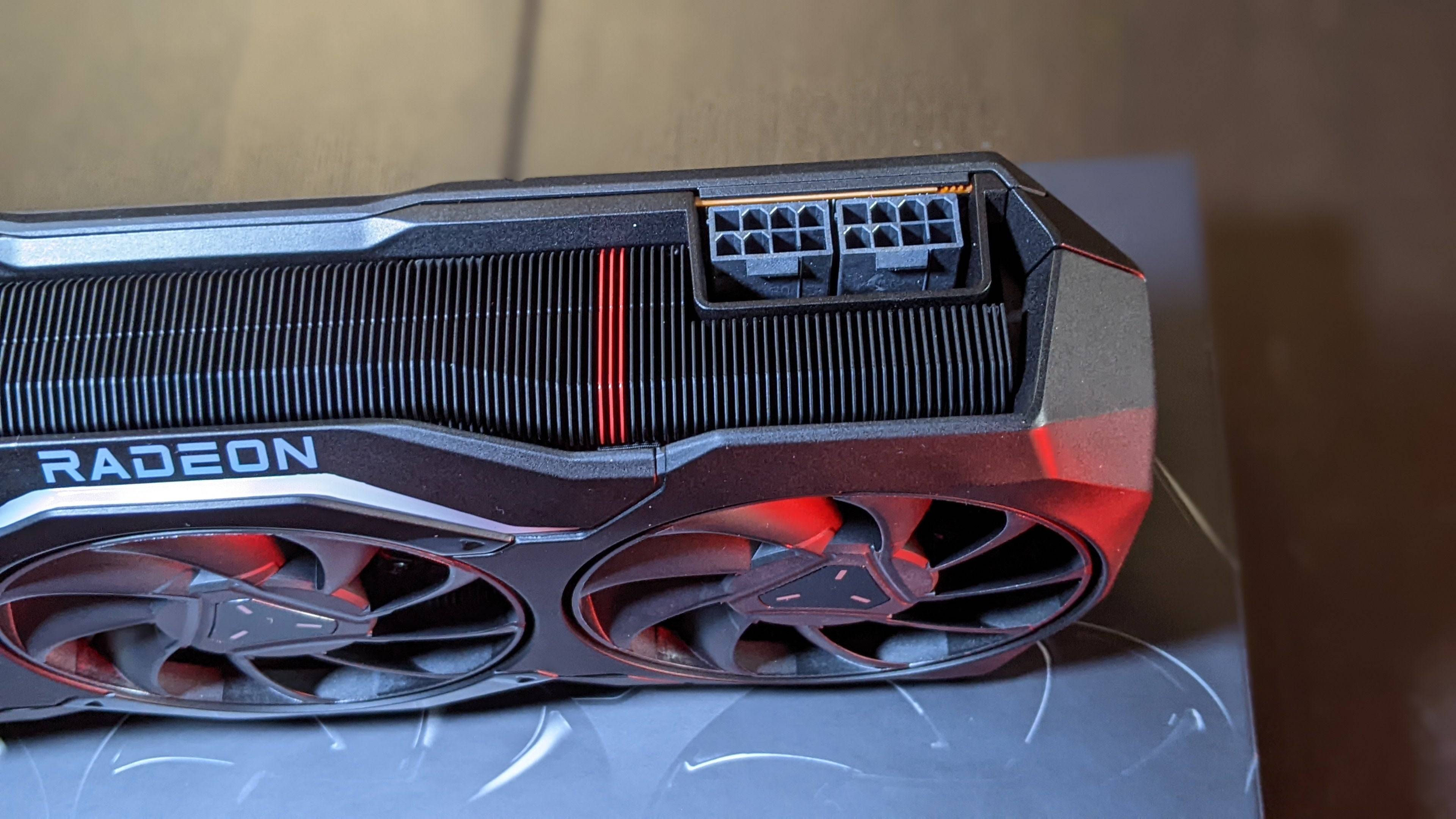
Best For 4K: AMD Radeon RX 7900 XTX
 The best 4K AMD graphics card### Sapphire Pulse Radeon RX 7900 XTX
The best 4K AMD graphics card### Sapphire Pulse Radeon RX 7900 XTX
8The AMD Radeon RX 7900 XTX is an extremely powerful graphics card, easily able to power most AAA games at 4K max settings. See it at Amazon
Product Specifications:
- Streaming Multiprocessors: 6144
- Base Clock: 1929MHz
- Game Clock: 2365MHz
- Video Memory: 24GB
- Memory Bandwidth: 960 GB/s
- Memory Bus: 384-bit
- Power Connectors: 2 x 8-pin
- Outputs: 1 x HDMI 2.1a, 2 x DisplayPort 2.1, 1 x USB-C
Pros:
- Excellent performance at 4K
- More VRAM than you'll need for gaming
Cons:
- Can fall behind in ray tracing performance
The RX 7900 XTX is a premium option for those seeking the best 4K gaming experience, offering performance that rivals the Nvidia RTX 4080 at a more competitive price.
AMD Radeon RX 9070 – Photos
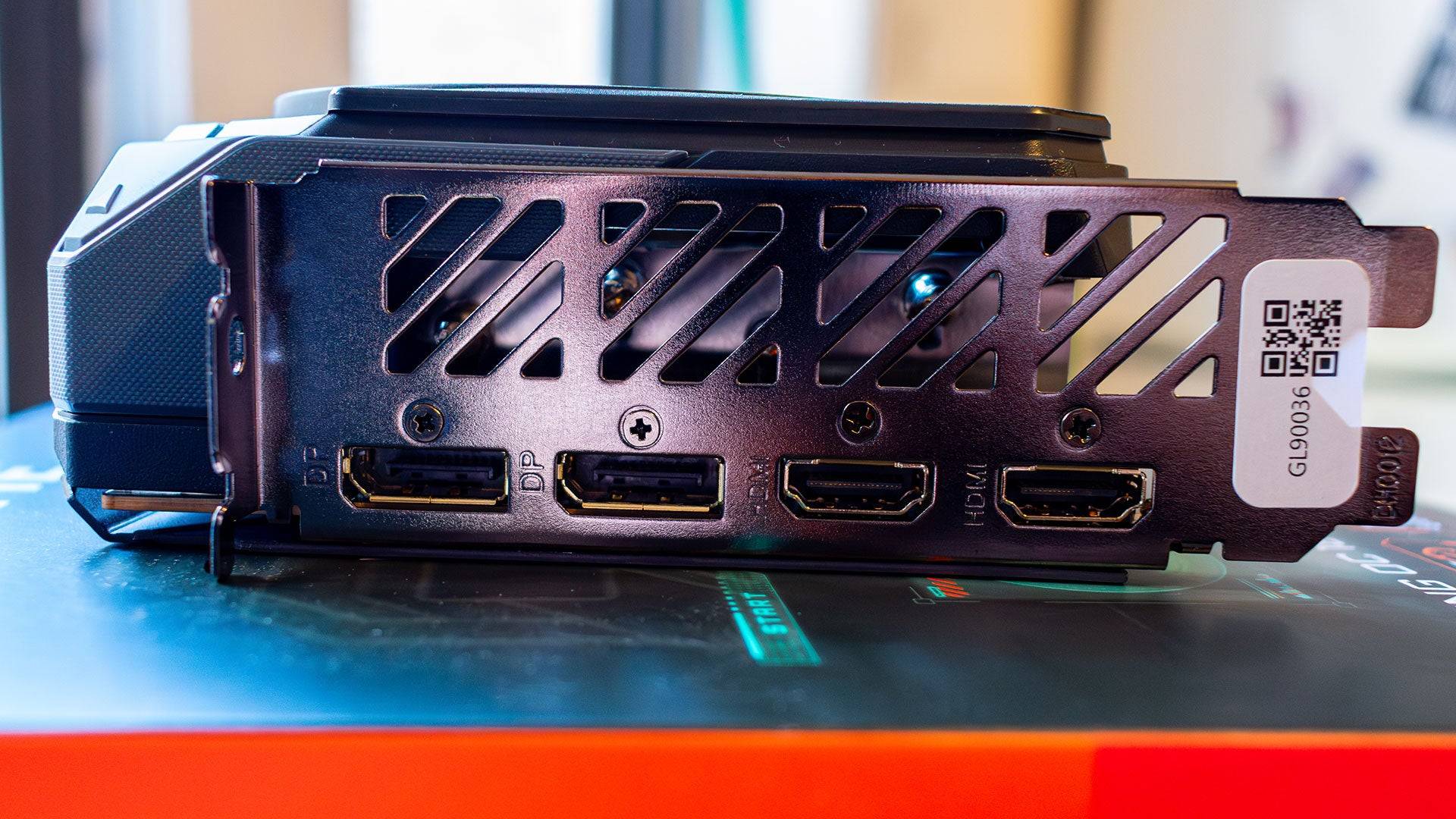
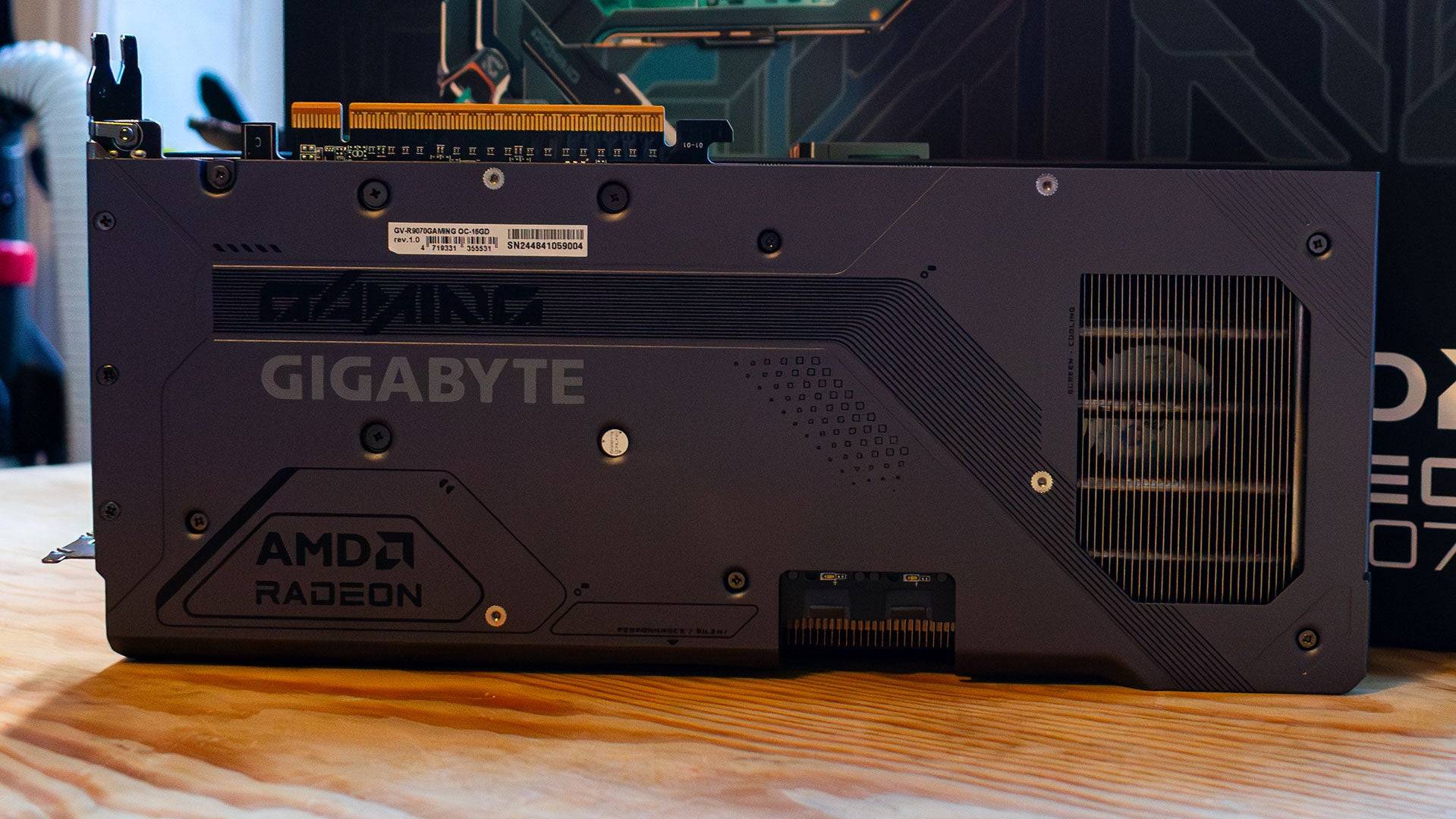 4 Images
4 Images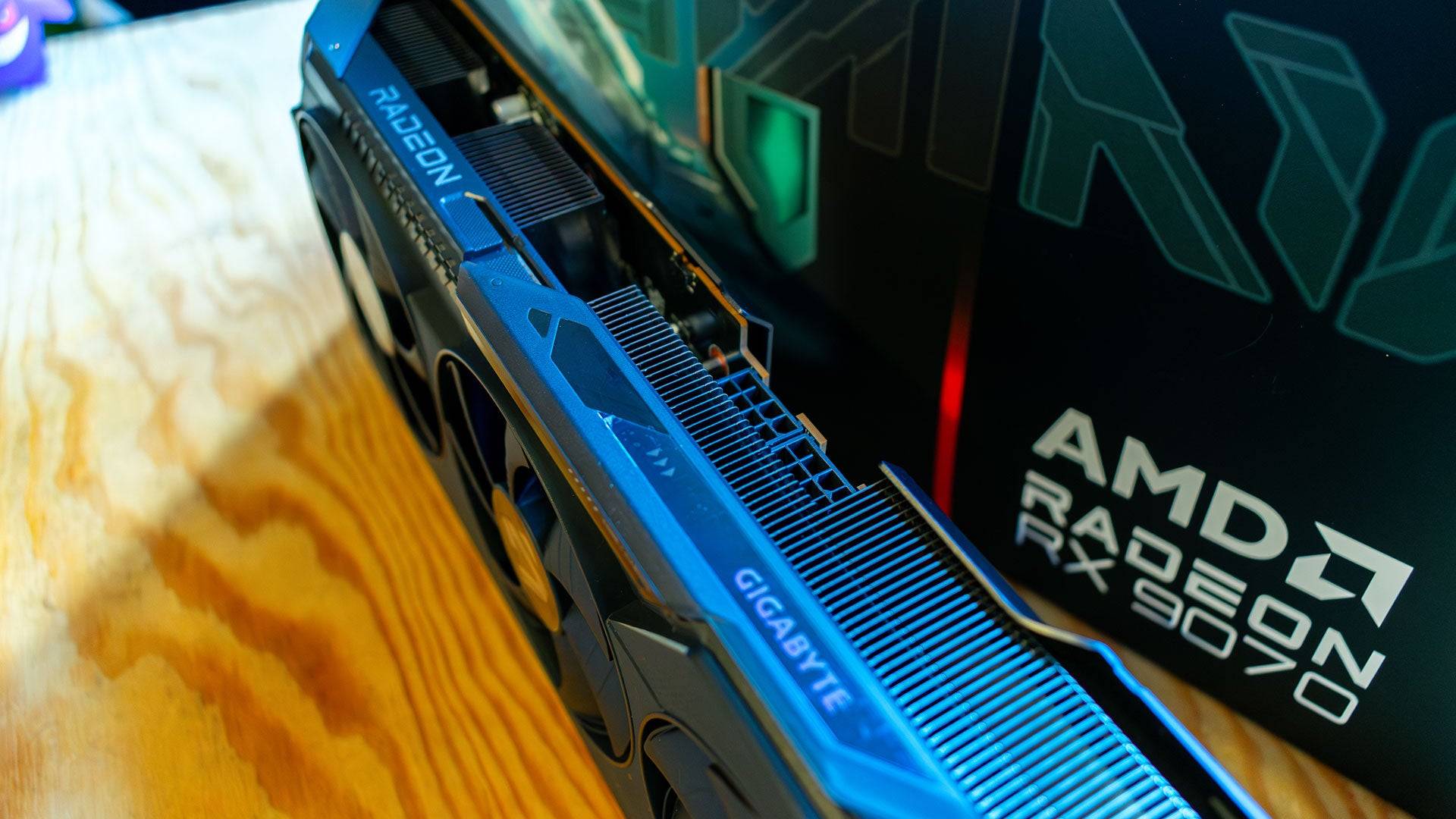
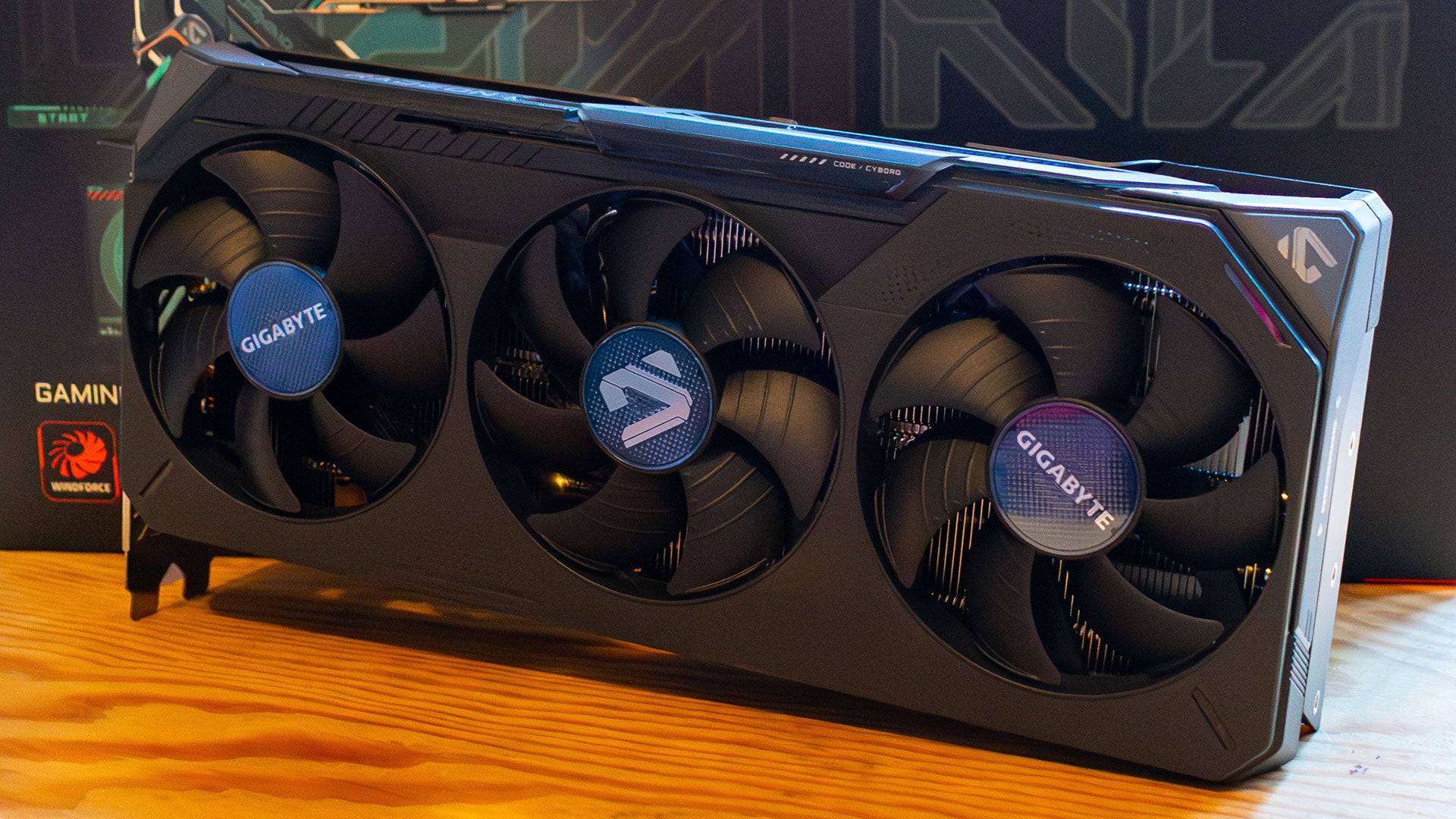
Best for 1440p: AMD Radeon RX 9070
 Best AMD Graphics Card for 1440p### AMD Radeon RX 9070
Best AMD Graphics Card for 1440p### AMD Radeon RX 9070
5While its priced uncomfortably close to the RX 9070 XT, the Radeon RX 9070 is an excellent 1440p graphics card for the money. See it at Newegg
Product Specifications:
- Streaming Multiprocessors: 3584
- Base Clock: 1330 MHz
- Game Clock: 2520 MHz
- Video Memory: 16GB GDDR6
- Memory Bandwidth: 644.6 GB/s
- Memory Bus: 256-bit
- Power Connectors: 2 x 8-pin
Pros:
- Excellent 1440p gaming performance
- Brings AI upscaling to an AMD graphics card
Cons:
- Priced a little too closely to the RX 9070 XT
The RX 9070 is a fantastic choice for 1440p gaming, offering robust performance and the new FSR 4 technology for enhanced image quality.
AMD Radeon RX 7600 XT
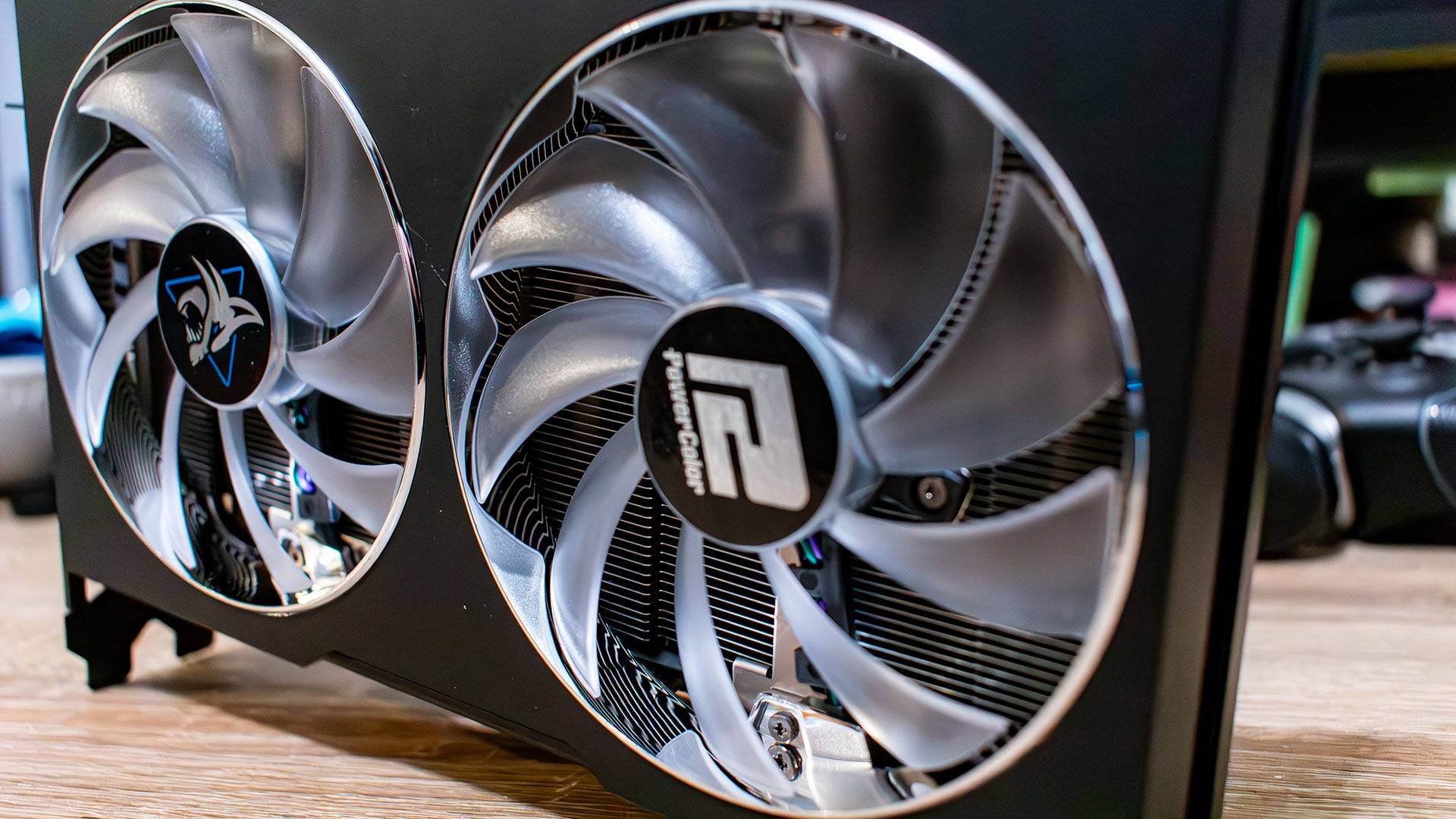
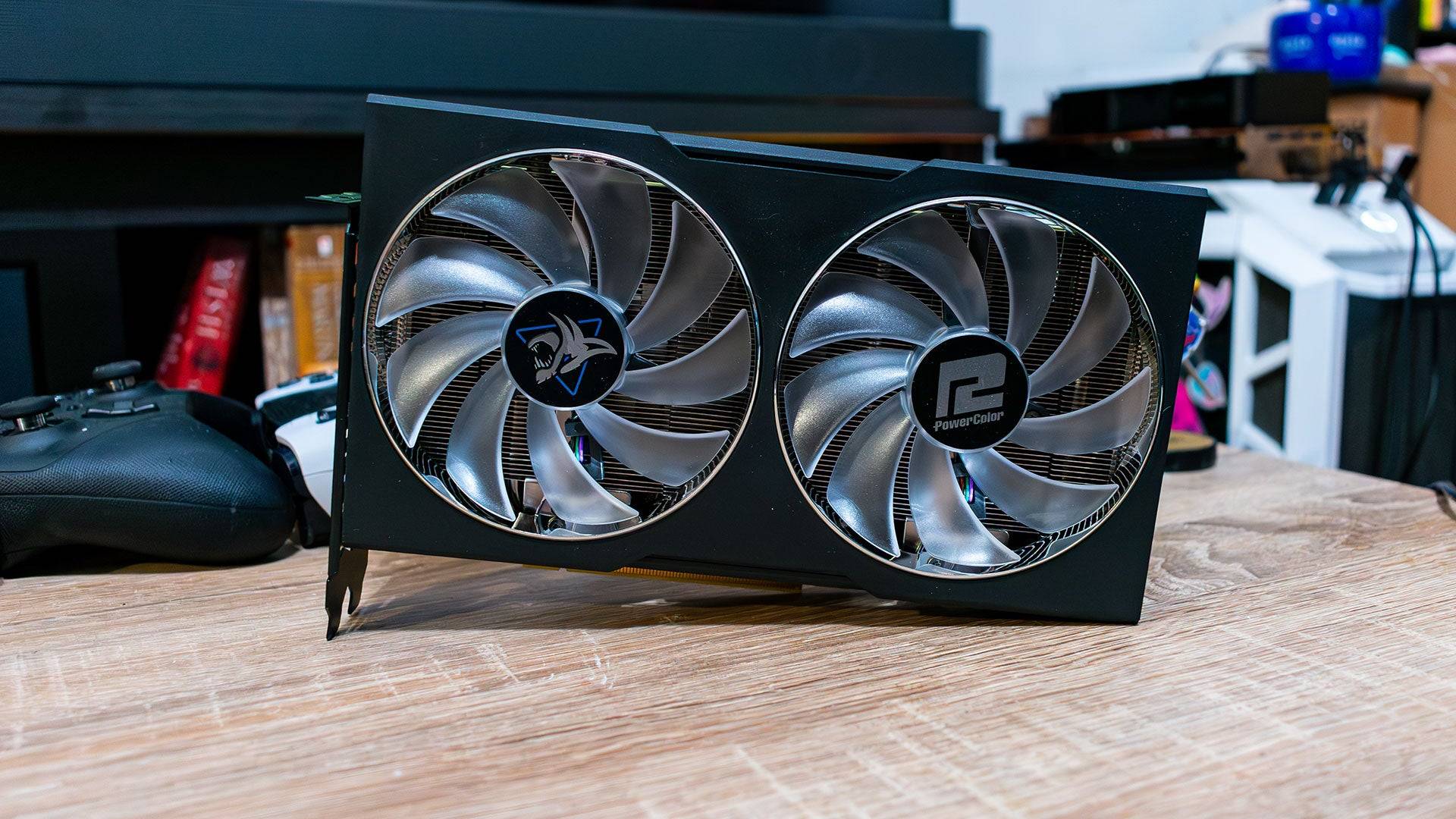 5 Images
5 Images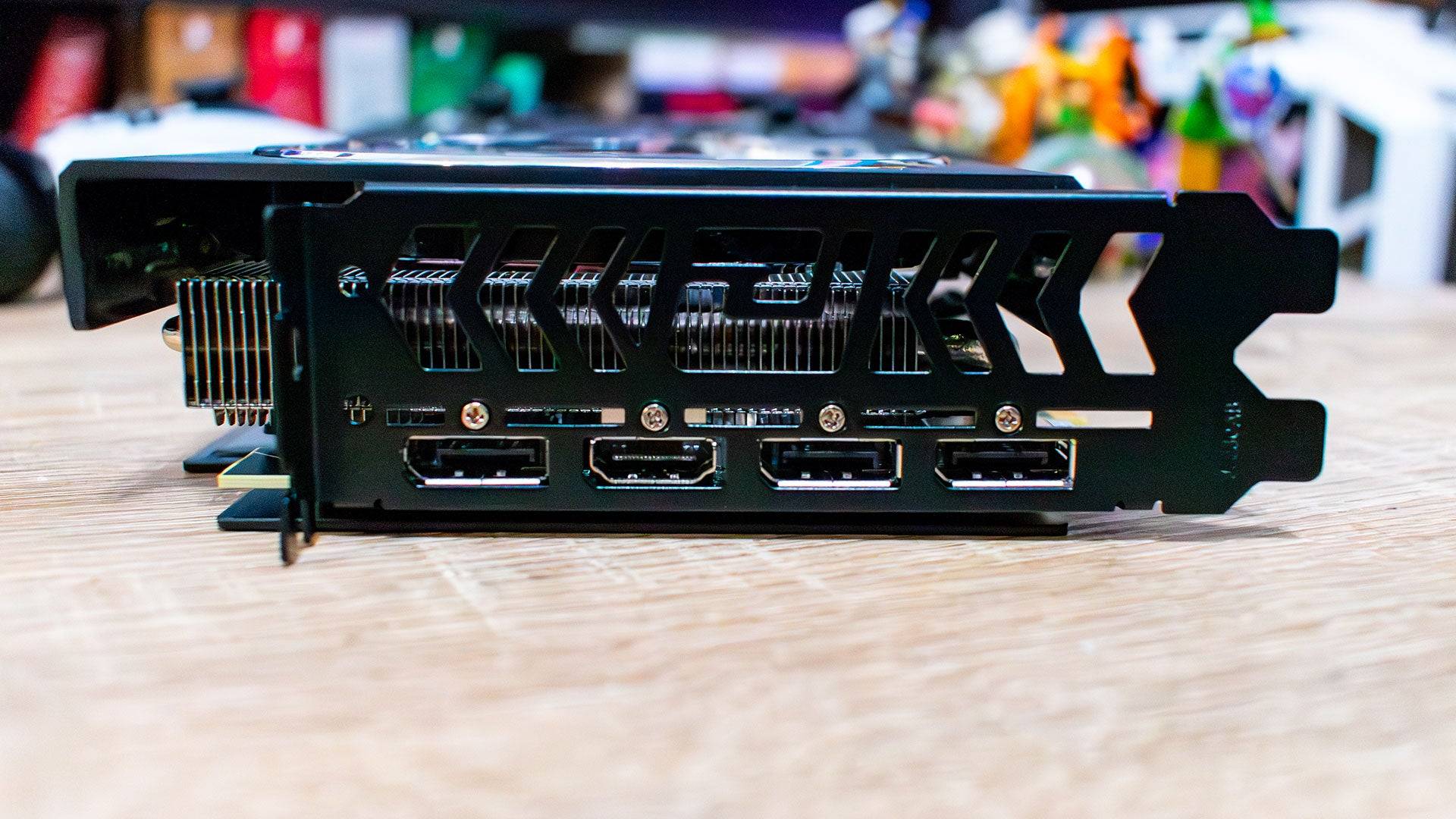
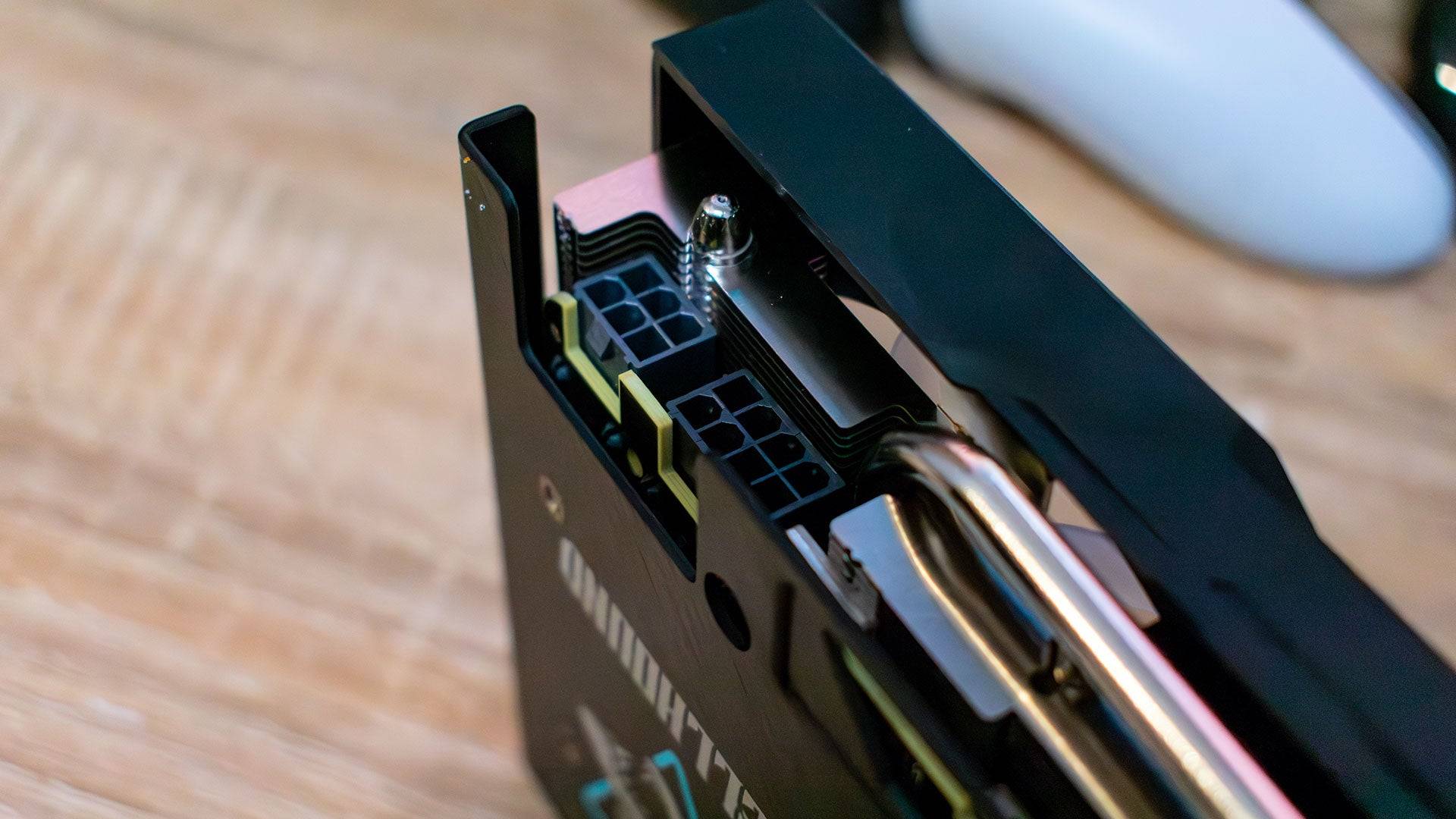
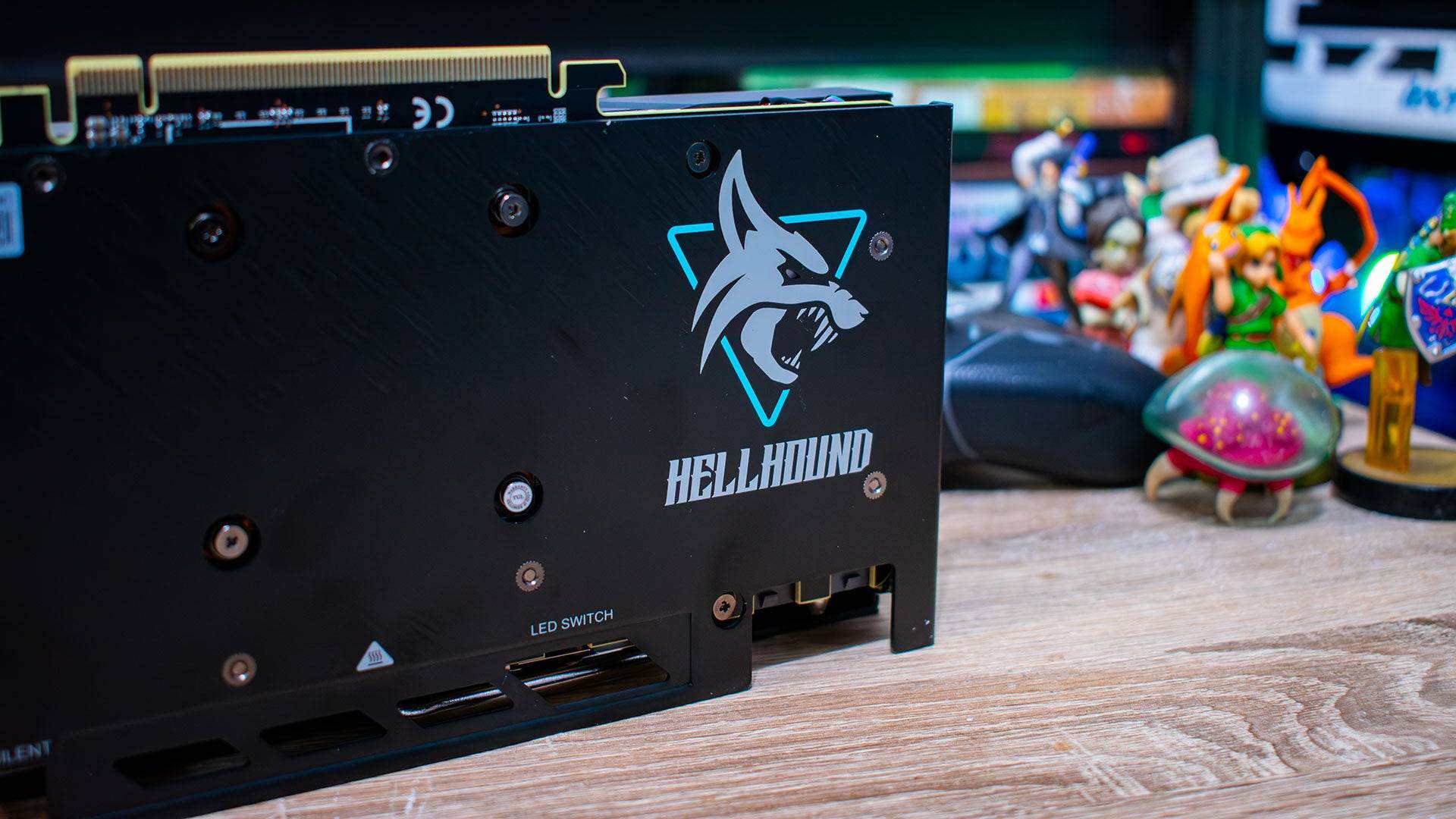
Best for 1080p: AMD Radeon RX 7600 XT
 Best AMD Graphics Card for 1080p### Gigabyte Radeon RX 7600 XT Gaming OC Windforce
Best AMD Graphics Card for 1080p### Gigabyte Radeon RX 7600 XT Gaming OC Windforce
6With 16GB of VRAM, the AMD Radeon RX 7600 XT is going to power top-end games at 1080p for years to come. See it at Amazon
Product Specifications:
- Streaming Multiprocessors: 2048
- Base Clock: 1980 MHz
- Game Clock: 2470 MHz
- Video Memory: 16GB GDDR6
- Memory Bandwidth: 288 GB/s
- Memory Bus: 128-bit
- Power Connectors: 1 x 8-pin
- Outputs: 1 x HDMI 2.1a, 3 x DisplayPort 2.1
Pros:
- Solid performance for the money
- Small enough to fit in any PC build
Cons:
- Will struggle in some super-demanding games with ray tracing enabled
The RX 7600 XT is perfect for 1080p gaming, offering a balance of performance and affordability. It can handle high-refresh rate gaming at this resolution and comes with ample VRAM for future-proofing.
Best on a Budget: AMD Radeon RX 6600
 Best AMD Graphics Card on a Budget### XFX Speedster SWFT Radeon RX 6600
Best AMD Graphics Card on a Budget### XFX Speedster SWFT Radeon RX 6600
5The AMD Radeon RX 6600 is a last-gen graphics card, but it's still able to pump out the frames in 1080p games, especially if you play a lot of esports games with friends. See it at Amazon
Product Specifications:
- Streaming Multiprocessors: 1792
- Base Clock: 1626 MHz
- Game Clock: 2044 MHz
- Video Memory: 8GB GDDR6
- Memory Bandwidth: 224 GB/s
- Memory Bus: 128-bit
- Power Connectors: 1 x 8-pin
- Outputs: 1 x HDMI 2.1, 3 x DisplayPort 1.4a
Pros:
- Great for esports
- Very affordable
Cons:
- It's a last-gen graphics card
Despite being a previous generation model, the RX 6600 remains a solid choice for budget-conscious gamers, particularly those focused on esports titles.
What is FSR?
FidelityFX Super Resolution (FSR) is AMD's upscaling technology, which enhances performance by rendering games at a lower resolution and then upscaling them to your native resolution. The latest iteration, FSR 4, uses AI to improve image quality, though it may slightly reduce performance compared to FSR 3.1. FSR also includes frame generation, which can further boost frame rates but may introduce latency at lower frame rates.
What is Ray Tracing?
Ray tracing is a technique for rendering realistic lighting in 3D environments. It traces the path of light rays as they interact with objects, creating more lifelike visuals. This feature is supported by dedicated RT cores in modern AMD and Nvidia GPUs, though it remains computationally intensive and often requires upscaling technologies like FSR for smooth gameplay.






















![FurrHouse [Ch. 3]](https://images.dshu.net/uploads/30/1719555089667e54115d59f.jpg)





